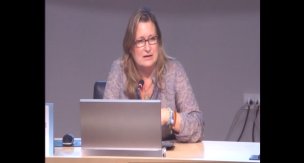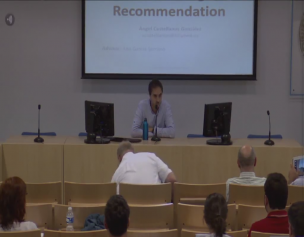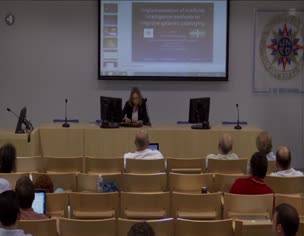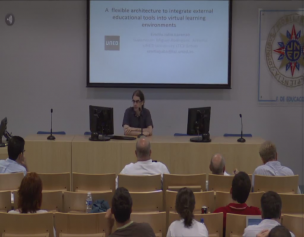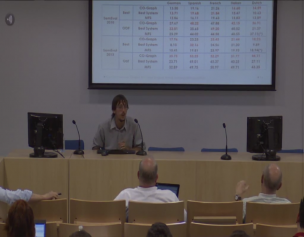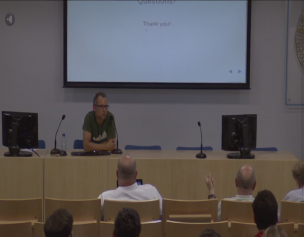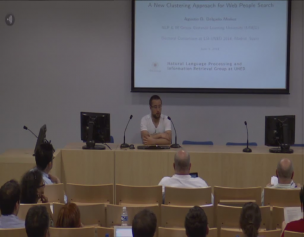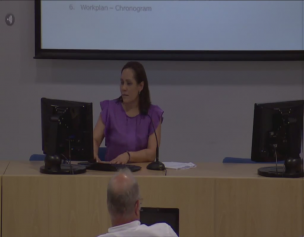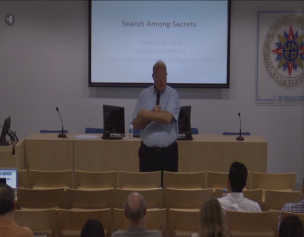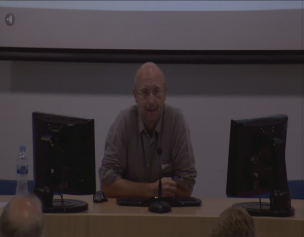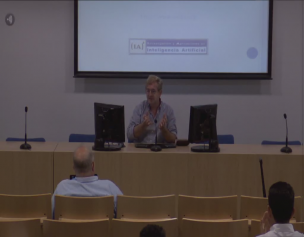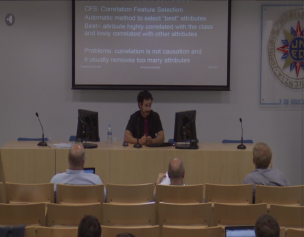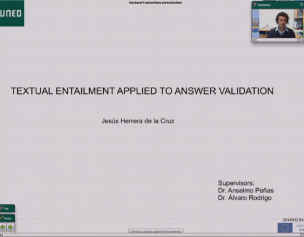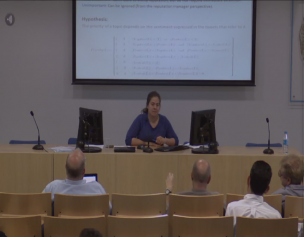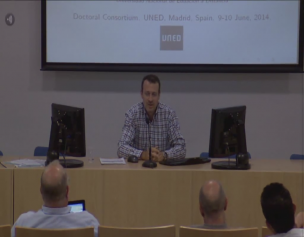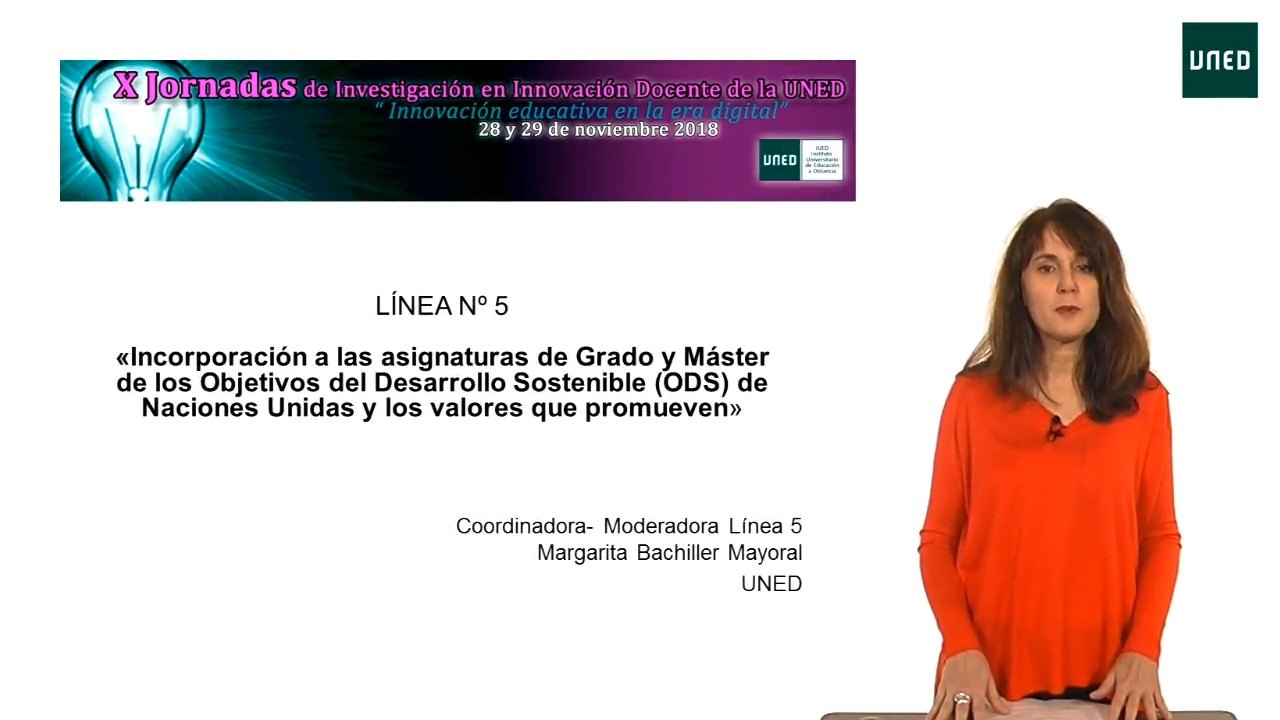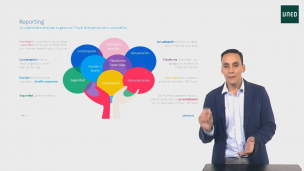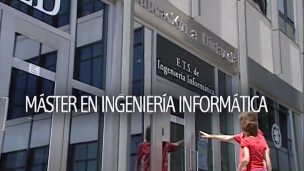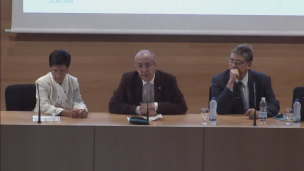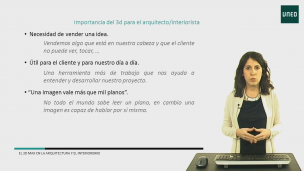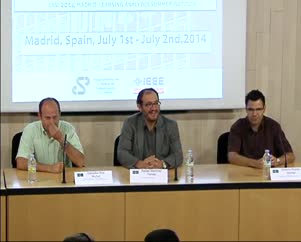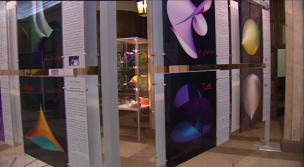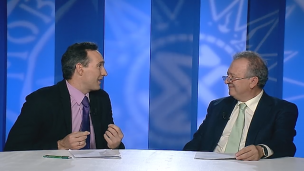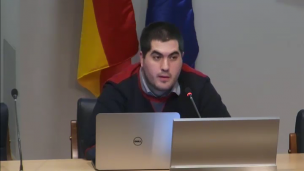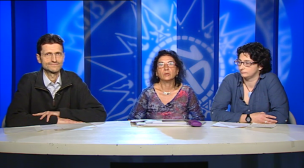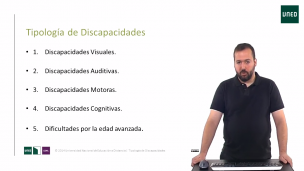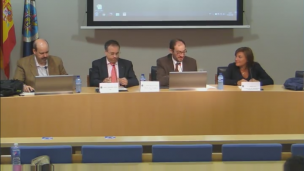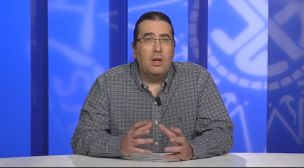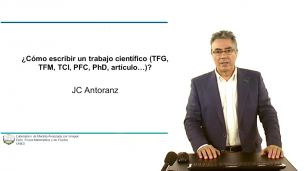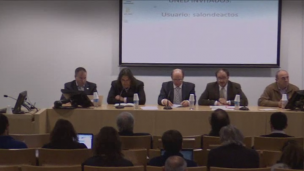On irony (and its detection)
What do tweets like the ones below have in common apart from being about cars? Toyota's new slogan; moving forward (even if u don't want to); hahahaha :) #Toyota
El próximo mensaje por radio a Massa va a ser "Aguirre is faster than you" #Aguirrealafuga What are the linguistic patterns that users employ in social media in order to try to be ironic in just few words? Linguistic devices such as ambiguity, incongruity, unexpectedness and emotional contexts that go beyond positive or negative polarity have an important role as triggers of irony. Moreover, in ironic texts
what is literally said is often negated, and in absence of an explicit negation marker. This makes the task quite challenging. In the talk I will describe how irony is employed in social media texts (Twitter, Amazon, Facebook etc.) and what are the recent state-of-the-art attempts for its automatic detection. Detecting irony is very much important for NLP tasks such as polarity classification, sentiment analysis, opinion mining, or reputation analysis. There is a special interest from the research community in investigating the impact of irony on polarity classification and sentiment analysis. Tasks will be organised on Twitter and social media data, both in Italian (http://www.evalita.it/2014/tasks/sentipolc) and in English (http://alt.qcri.org/semeval2015/task11/). At the end of the talk, I will address the
even more challenging problem of approaching from a more fine-grained perspective the task of distinguishing among irony, sarcasm and satire: If you find it hard to laugh at yourself, I would be happy to do it for you.
My mother never saw the irony in calling me a son-of-a-b....
Paolo Rosso is Associate Professor (Profesor Titular de Universidad) at Universitat Politècnica de València, Spain. Dr, Rosso earned his Ph.D. in Computer Science, Trinity College University of Dublin, Ireland, His research Research Interests in Natural Language Processing and Information Retrieval incluye Plagiarism detection, Short texts análisis, Irony detection in social media, Author profiling in social media and Question answering. For further information http://users.dsic.upv.es/~prosso/
-
Paolo Rosso Universidad Politécnica de Valencia


